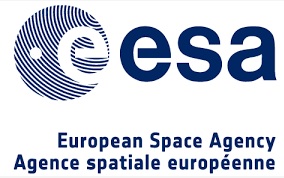The end goal of the project is to:
- provide answers on applicability of different Copernicus products for urban vegetation monitoring
- develop a software prototype for waterfront vegetation monitoring using Copernicus data but with higher tree density accuracy and higher temporal resolution than existing solutions
The main objectives are:
- To prepare a user-friendly report on accuracy and reliability of Copernicus data products using Riga as a study site (VHR and UAV data will ensure basis for detailed analysis).
- To develop and evaluate deep learning based land cover class fraction estimation for Sentinel-2 data
- To develop a software prototype based on end-users needs (Rigas Mezi will represent the end user in this project) including 4 submodules: 1) land cover class fraction (at least tree density) estimation; 2) water greenness estimation to analyse reed and algae distribution, 3) pixel based and 4) sector based change detection.
To provide a demonstration of this prototype in the form of produced data layers and popular science videos for Riga city and accuracy assessment using VHR historical data to analyse error sources.




